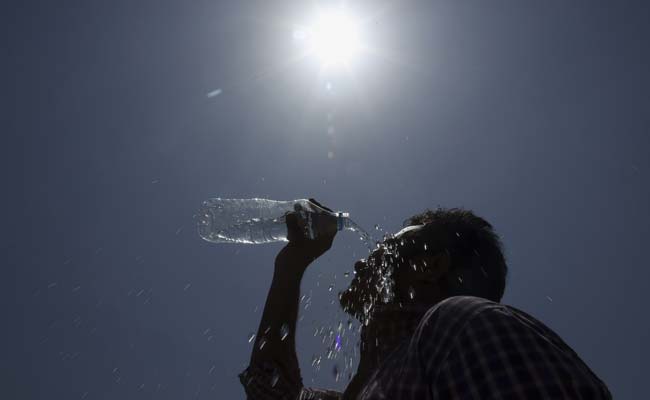Global warming one of the most vexing dangers the world is facing at present whose consequences are far-reaching and more perilous than we may expect. The drastic climate shift may change the very basic geological and biological ecosystem of the Earth. Rising temperatures may bring in excessive heat, higher humidity and toxicity in the air. The phenomenon nay have huge impact on human health including breathlessness, allergies, diseases stemmed by bacteria in air and rising waters, and so on. We are aware of such impending dangers and trying to amend the situation, but there are more negative impacts that we might see in the aftermath of global warming, and we might not be preparing for.
A new study published in PLOS Medicine by Yuming Guo of Monash University, Australia, and colleagues claim to have found out that undernutrition can also be on one of the outcomes of global warming. Climate change may bring into effect extreme heat exposure that may hinder adequate crop production in the long term, and thus, may result in larger undernourished population.
(Also Read: One in Nine People Undernourished, Say Food Agencies)

Global warming might result in larger undernourished population in the long term.
"The possible pathways of this direct impact of heat might include reducing undernourished people's food intake, impairing their digestion and absorption function, and causing fluid electrolyte disturbance," the author explained.
The team observed daily hospitalisation data covering around 80% of the population of Brazil from the year 2000 till 2015. They analysed the link between daily mean temperatures and hospitalisation for undernutrition. They noticed 2.5 per cent increase in undernutrition hospitalisation with every one-degree centigrade increase in daily mean temperature during the warm weather. They also discovered that people with undernutrition below the age of 19 and above the age of 80 were the most vulnerable to heat exposure.
The findings revealed that heat exposure was estimated to be responsible for as much as 15.6% (95% CI 9.0-21.4) of undernutrition hospitalisation during the time period of the study.
"Global strategies addressing the syndemic climate change and undernutrition should not only focus on food supply but also the prevention of heat exposure especially among the young and elderly people," concluded the author.








